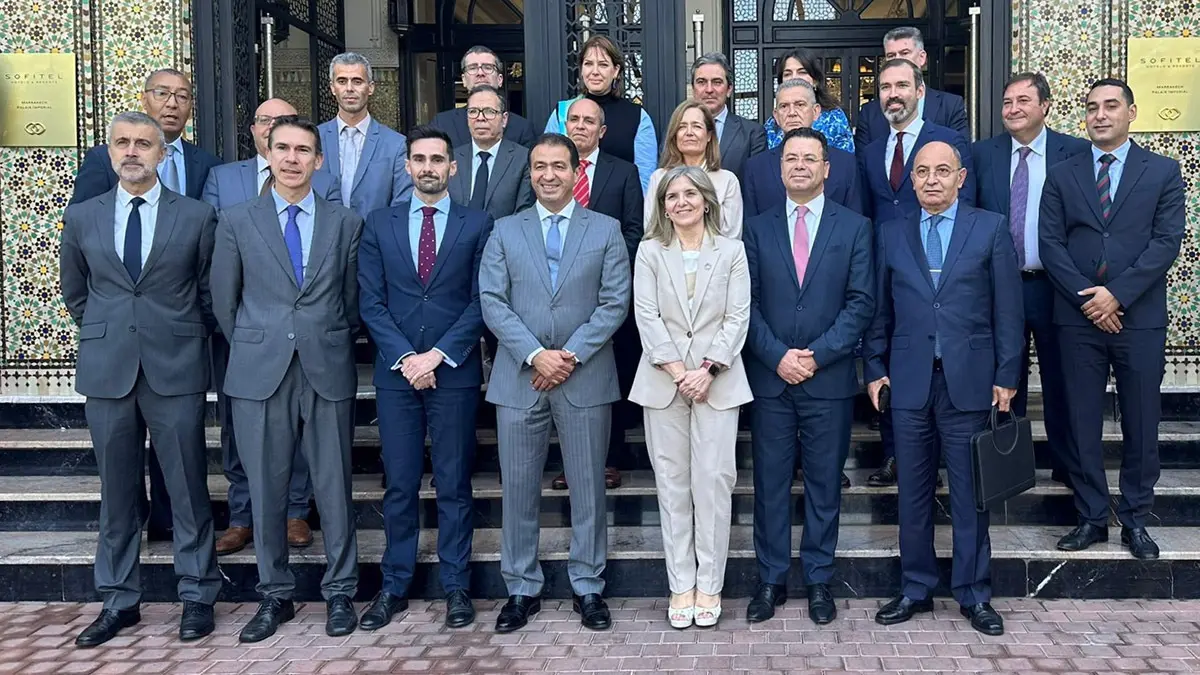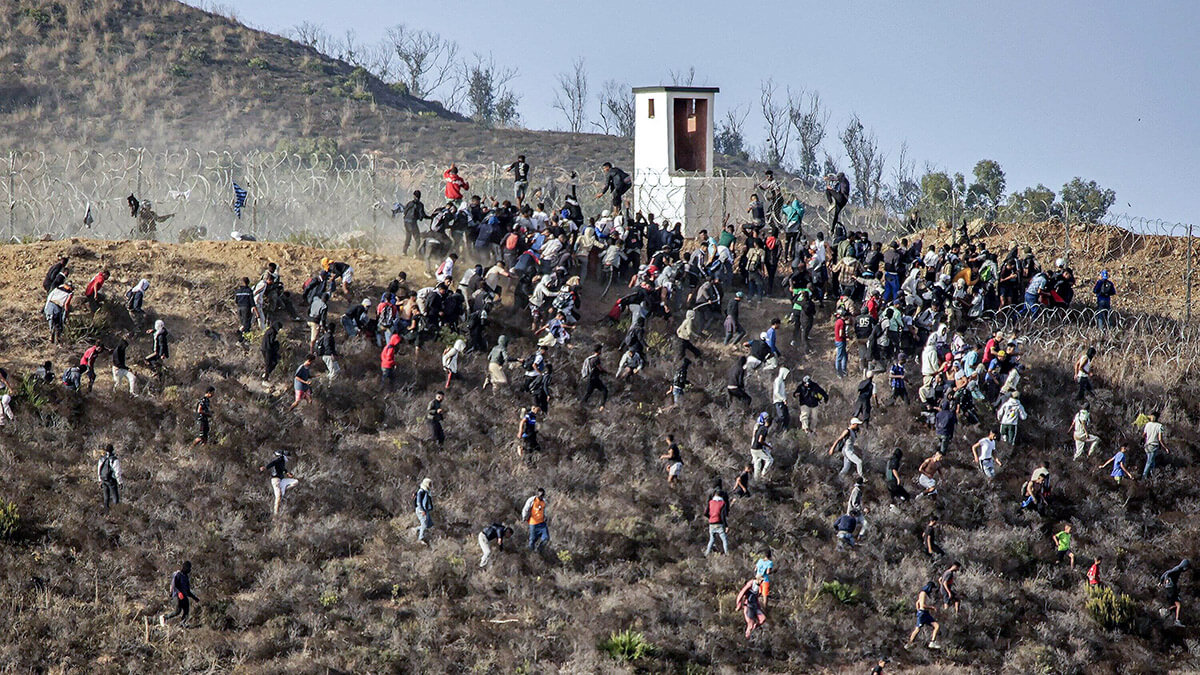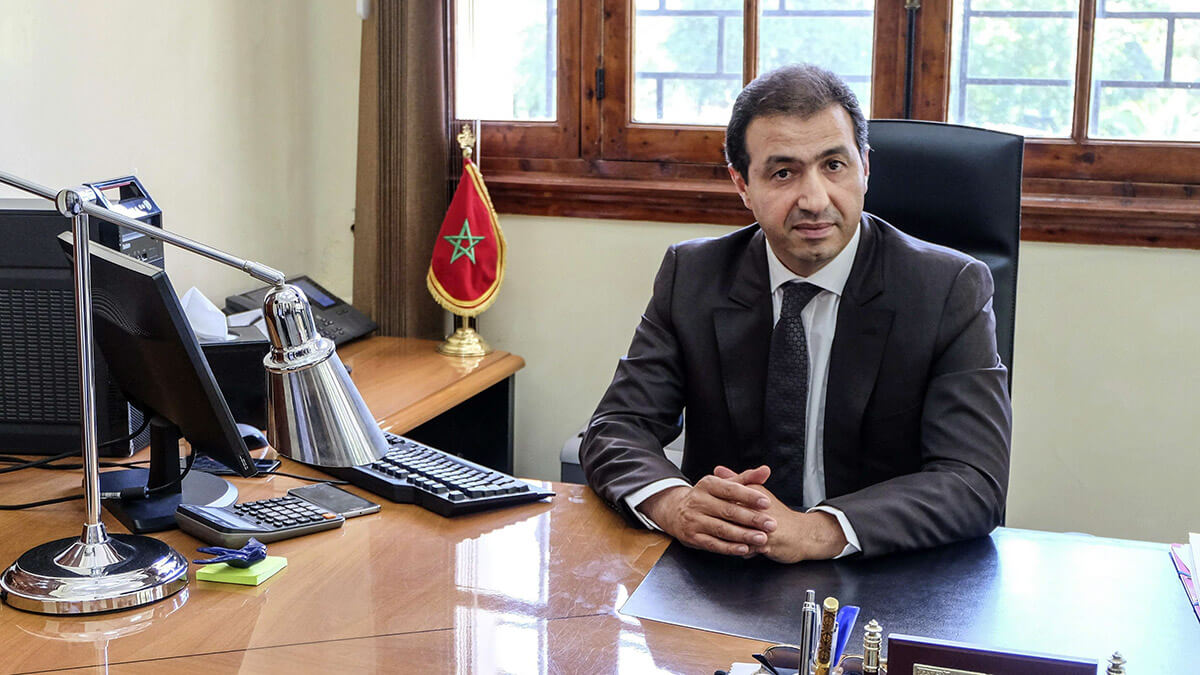Spain-Morocco, a model of North-South cooperation against migration mafias
Cooperation between Spain and Morocco on migration issues has made it possible to fight irregular immigration and combat criminality

Spain and Morocco are doomed to understand each other on immigration. Their geostrategic position, on both sides of the Strait of Gibraltar, makes them the guardians of the gateway to their respective continents, Europe and Africa.
- Standing Group on Migration Issues
- Spain's gratitude
- 22nd Meeting of the Permanent Group
- Priority partner
Hence, for two decades now, the Spanish and Moroccan governments have implemented a joint working group, which meets periodically to discuss ways of combating the phenomenon of irregular immigration and the criminal mafias that take advantage of the desire of many African immigrants to seek a better life in Europe.
Standing Group on Migration Issues
This joint group, officially called the Permanent Group on Migration Affairs, was set up in 2003 and has since proved to be a very effective instrument for coordinating the two countries' security policy on migration.
By virtue of the agreements approved within this group, mixed maritime patrols of the Moroccan Royal Gendarmerie and the Spanish Civil Guard were established, among other formulas for joint collaboration, which have proven their worth over the years.
As the Moroccan Director of Migration and Border Surveillance, Khalid Zerouali, has pointed out on more than one occasion, ‘Spain and Morocco maintain exemplary cooperation, a model of cooperation between north and south, born of a common understanding of the threats and risks that affect Spain and Morocco, linked to cross-border crime’.
Spain's gratitude
This spirit of collaboration on the part of the Moroccan authorities in migratory matters was particularly highlighted last September, when organised attempts to illegally cross the Spanish border in Ceuta were very effectively aborted by the Moroccan police and Royal Gendarmerie, which prevented a new mass jumping of the barbed wire fences separating Ceuta from Moroccan territory.

In that case, many of those who tried to cross the Spanish border from towns close to Ceuta such as Tetuan and Fnideq (Castillejos) were young people from Algeria and Tunisia, who responded to a mass call via social networks, allegedly organised by criminal gangs dedicated to the illegal trafficking of people.
The Spanish Minister of Foreign Affairs himself, José Manuel Albares, praised the work carried out by the Moroccan security forces on that occasion, as a result of the collaboration between the two countries in the area of migratory security.
22nd Meeting of the Permanent Group
This bilateral collaboration has been strengthened in recent days with the recent meeting of the Permanent Group on Migratory Affairs, the twenty-second, which was held last Monday, 21 October in Marrakech.
The meeting was chaired, on the Spanish side, by the Secretary of State for Migration, Pilar Cancela, and was attended by the Director General for International Relations and Foreigners, Elena Garzón, and representatives of the Ministry of Foreign Affairs.
The Moroccan delegation was headed by Khalid Zerouali, Director of Migration and Border Surveillance, and head of the country's customs security.

During the meeting, the need to maintain bilateral collaboration in migratory matters in order to fight against mafias, and in the joint management of formulas that help to promote orderly and safe migration, was highlighted.
Priority partner
During the meeting, the Secretary of State for Security, Rafael Pérez, referred to Morocco as Spain's ‘priority partner’ in migration matters, and thanked it for its ‘commitment and efforts’ in the face of joint challenges such as human trafficking, transnational organised crime and terrorism.
Rafael Pérez also highlighted the reduction in arrivals of illegal immigrants in the area of the Strait of Gibraltar, the Alboran Sea and the eastern Canary Islands, as a result of Morocco's collaboration in preventing irregular migration: ‘The statistics reflect the migratory pressure on the African continent and between Africa and Europe, but also confirm the effectiveness of our cooperation’.








